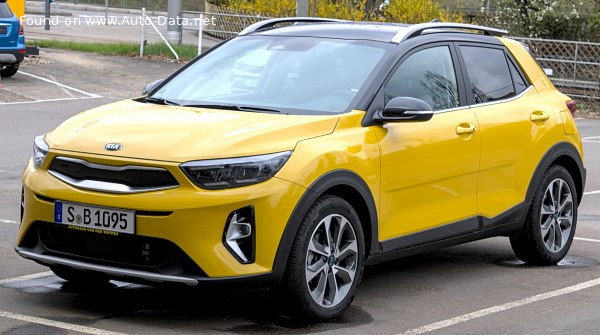
| General information | |
|---|---|
| Brand | Kia |
| Model | Stonic |
| Generation | Stonic (facelift 2020) |
| Modification (Engine) | 1.0 T-GDI EcoDynamics+ (120 Hp) Mild Hybrid DCT7 |
| Start of production | September, 2020 year |
| End of production | May, 2024 year |
| Powertrain Architecture | MHEV (Mild Hybrid Electric Vehicle, power-assist hybrid, battery-assisted hybrid vehicles, BAHV) |
| Body type | Crossover |
| Seats | 5 |
| Doors | 5 |
| Performance specs | |
| Combined fuel consumption (WLTP) | 5.7 l/100 km 41.27 US mpg 49.56 UK mpg 17.54 km/l |
| CO2 emissions (WLTP) | 129 g/km |
| Fuel consumption (economy) – urban (NEDC) | 5 l/100 km 47.04 US mpg 56.5 UK mpg 20 km/l |
| Fuel consumption (economy) – extra urban (NEDC) | 4.5 l/100 km 52.27 US mpg 62.77 UK mpg 22.22 km/l |
| Fuel consumption (economy) – combined (NEDC) | 4.7 l/100 km 50.05 US mpg 60.1 UK mpg 21.28 km/l |
| CO2 emissions (NEDC) | 107 g/km |
| Fuel Type | Petrol (Gasoline) |
| Acceleration 0 – 100 km/h | 10.4 sec |
| Acceleration 0 – 62 mph | 10.4 sec |
| Acceleration 0 – 60 mph (Calculated by Auto-Data.net) | 9.9 sec |
| Maximum speed | 185 km/h 114.95 mph |
| Emission standard | Euro 6d-ISC-FCM |
| Weight-to-power ratio | 9.9 kg/Hp, 101.3 Hp/tonne |
| Weight-to-torque ratio | 5.9 kg/Nm, 168.8 Nm/tonne |
| Electric cars and hybrids specs | |
| Battery voltage | 48 V |
| Battery technology | Lithium-ion (Li-Ion) |
| Electric motor 1 | |
| Electric motor location | Front, Transverse |
| Internal combustion engine specs | |
| Power | 120 Hp @ 6000 rpm. |
| Power per litre | 120.2 Hp/l |
| Torque | 200 Nm @ 2000-3500 rpm. 147.51 lb.-ft. @ 2000-3500 rpm. |
| Engine layout | Front, Transverse |
| Engine Model/Code | G3LF |
| Engine displacement | 998 cm3 60.9 cu. in. |
| Number of cylinders | 3 |
| Engine configuration | Inline |
| Cylinder Bore | 71 mm 2.8 in. |
| Piston Stroke | 84 mm 3.31 in. |
| Compression ratio | 10.5:1 |
| Number of valves per cylinder | 4 |
| Fuel injection system | Direct injection |
| Engine aspiration | Turbocharger, Intercooler |
| Valvetrain | DOHC |
| Engine oil capacity | 3.6 l 3.8 US qt | 3.17 UK qt |
| Engine oil specification |  Log in to see. Log in to see. |
| Coolant | 5.9 l 6.23 US qt | 5.19 UK qt |
| Engine systems | Start & Stop System Particulate filter |
|
|
|
| Space, Volume and weights | |
| Kerb Weight | 1185-1288 kg 2612.48 – 2839.55 lbs. |
| Max. weight | 1710 kg 3769.9 lbs. |
| Max load | 422-525 kg 930.35 – 1157.43 lbs. |
| Trunk (boot) space – minimum | 352 l 12.43 cu. ft. |
| Trunk (boot) space – maximum | 1155 l 40.79 cu. ft. |
| Fuel tank capacity | 45 l 11.89 US gal | 9.9 UK gal |
| Max. roof load | 70 kg 154.32 lbs. |
| Permitted trailer load with brakes (12%) | 900 kg 1984.16 lbs. |
| Permitted trailer load without brakes | 450 kg 992.08 lbs. |
| Permitted towbar download | 75 kg 165.35 lbs. |
| Dimensions | |
| Length | 4140 mm 162.99 in. |
| Width | 1760 mm 69.29 in. |
| Width including mirrors | 2025 mm 79.72 in. |
| Height | 1520 mm 59.84 in. |
| Wheelbase | 2580 mm 101.57 in. |
| Front track | 1531-1537 mm 60.28 – 60.51 in. |
| Rear (Back) track | 1539-1544 mm 60.59 – 60.79 in. |
| Front overhang | 830 mm 32.68 in. |
| Rear overhang | 730 mm 28.74 in. |
| Ride height (ground clearance) | 165-183 mm 6.5 – 7.2 in. |
| Minimum turning circle (turning diameter) | 10.4 m 34.12 ft. |
| Approach angle | 14.9-16.4° |
| Departure angle | 28.7-30.4° |
| Drivetrain, brakes and suspension specs | |
| Drivetrain Architecture | The Internal combustion engine (ICE) and electric motor drive the front wheels of the car with the ability to work only in mixed mode. |
| Drive wheel | Front wheel drive |
| Number of gears and type of gearbox | 7 gears, automatic transmission DCT |
| Front suspension | Independent type McPherson, Transverse stabilizer |
| Rear suspension | Coil spring, Elastic beam |
| Front brakes | Ventilated discs, 280 mm |
| Rear brakes | Disc, 262 mm |
| Assisting systems | ABS (Anti-lock braking system) |
| Steering type | Steering rack and pinion |
| Power steering | Electric Steering |
| Tires size | 185/65 R15; 195/55 R16; 205/55 R17 |
| Wheel rims size | 6J x 15; 6J x 16; 6.5J x 17 |

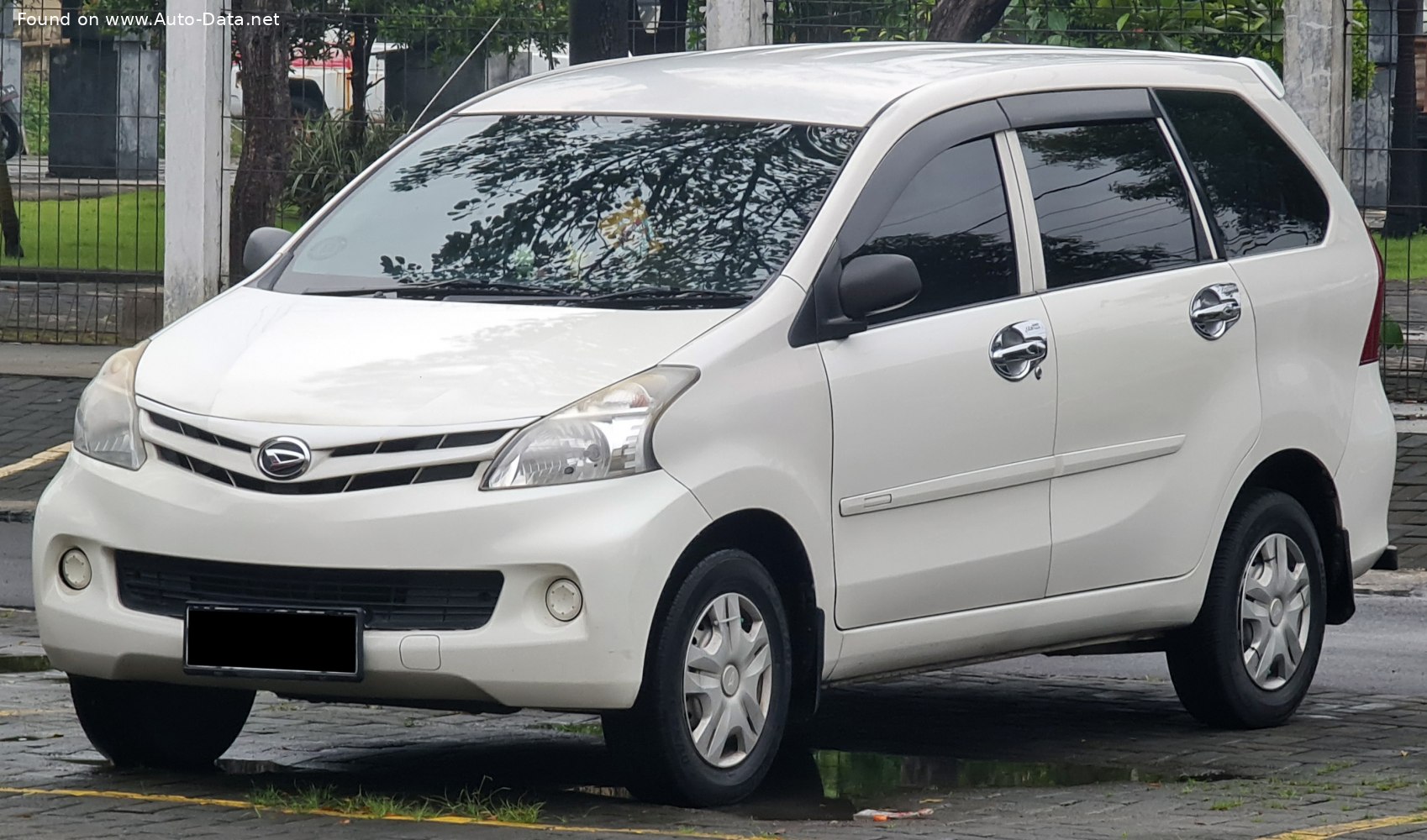 Specifications: Daihatsu Xenia II (F650) 1.0 (63 Hp) 2011, 2012, 2013, 2014, 2015
Specifications: Daihatsu Xenia II (F650) 1.0 (63 Hp) 2011, 2012, 2013, 2014, 2015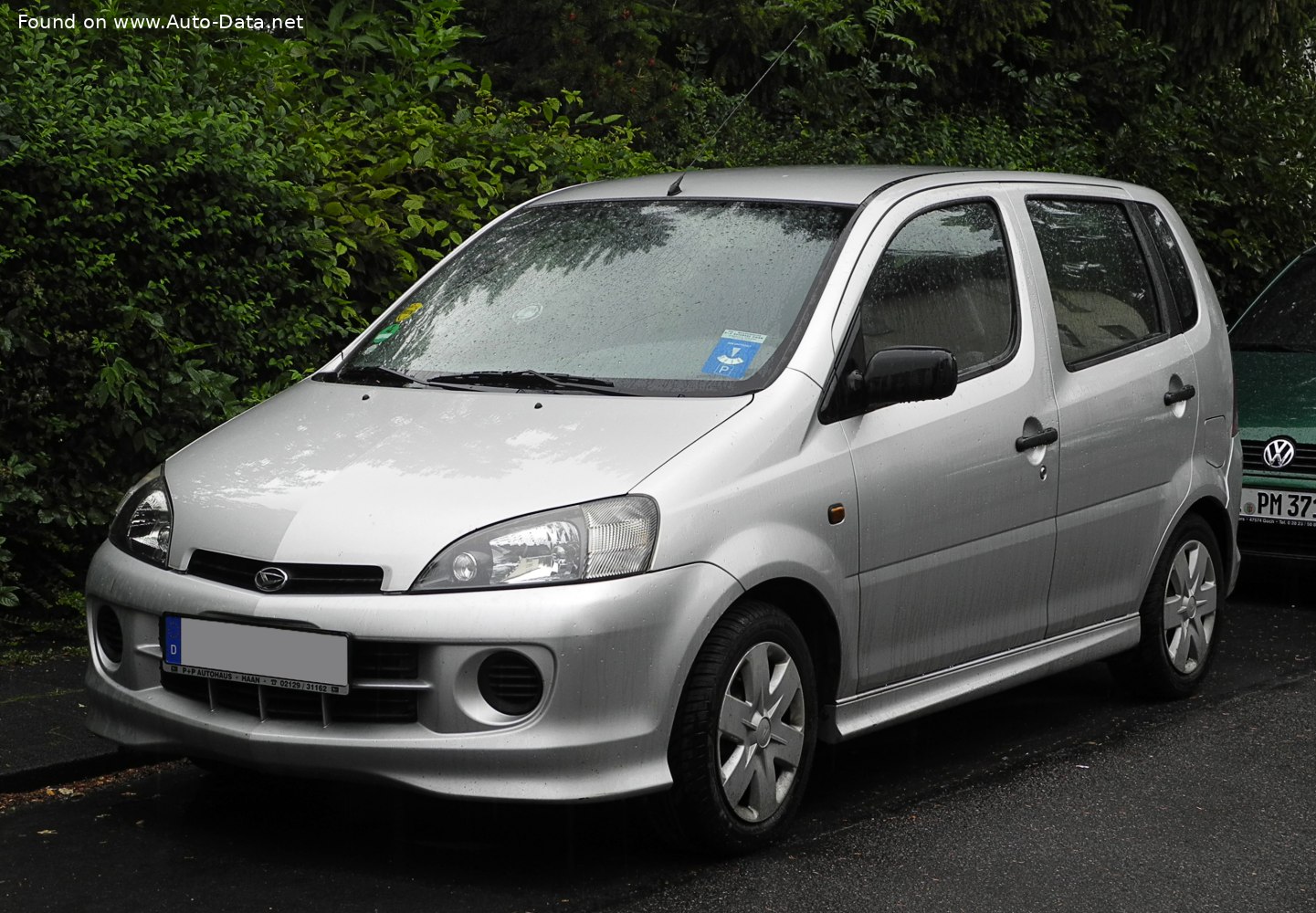 Specifications: Daihatsu YRV 1.0 i 12V (64 Hp) 2000, 2001, 2002, 2003, 2004, 2005
Specifications: Daihatsu YRV 1.0 i 12V (64 Hp) 2000, 2001, 2002, 2003, 2004, 2005 Specifications: Daimler 2.8 – 5.3 Double Six 5.3 (268 Hp) 1981, 1982, 1983, 1984, 1985, 1986, 1987, 1988, 1989, 1990, 1991, 1992, 1993
Specifications: Daimler 2.8 – 5.3 Double Six 5.3 (268 Hp) 1981, 1982, 1983, 1984, 1985, 1986, 1987, 1988, 1989, 1990, 1991, 1992, 1993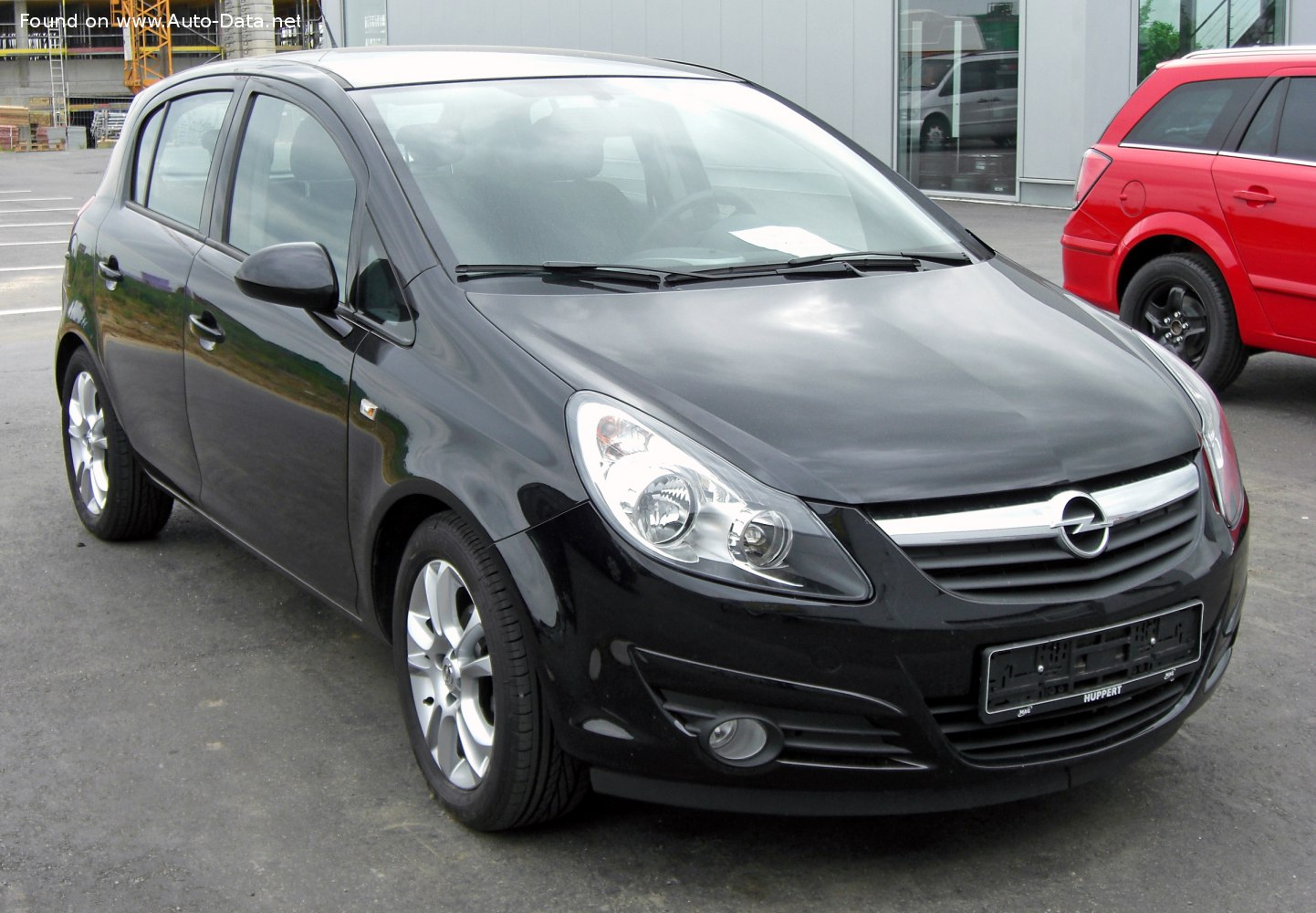 Specifications: Opel Corsa D 5-door 1.3 CDTI (90 Hp) 2006, 2007, 2008, 2009, 2010
Specifications: Opel Corsa D 5-door 1.3 CDTI (90 Hp) 2006, 2007, 2008, 2009, 2010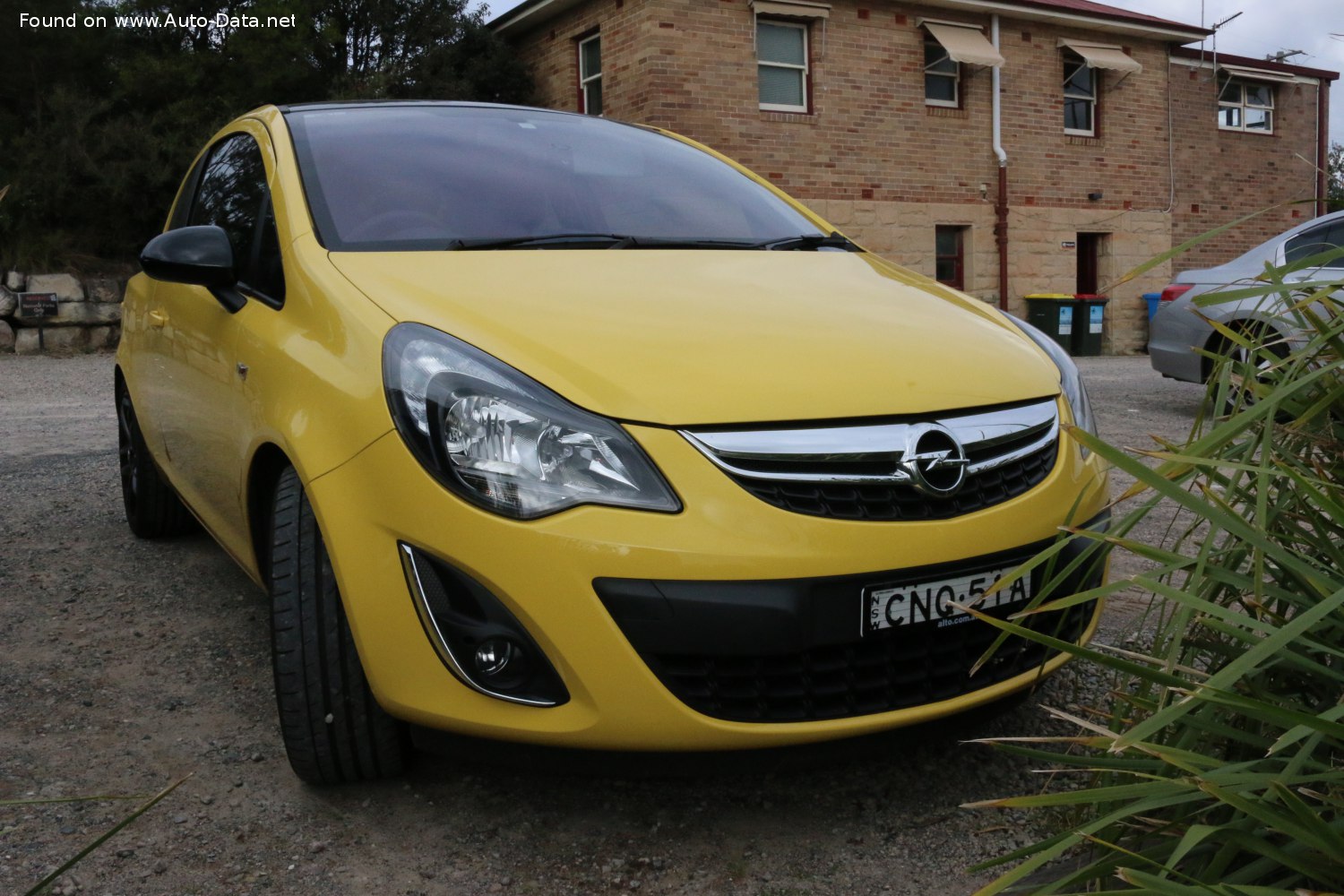 Specifications: Opel Corsa D (Facelift 2011) 3-door 1.6 LER (192 Hp) 2011, 2012, 2013, 2014
Specifications: Opel Corsa D (Facelift 2011) 3-door 1.6 LER (192 Hp) 2011, 2012, 2013, 2014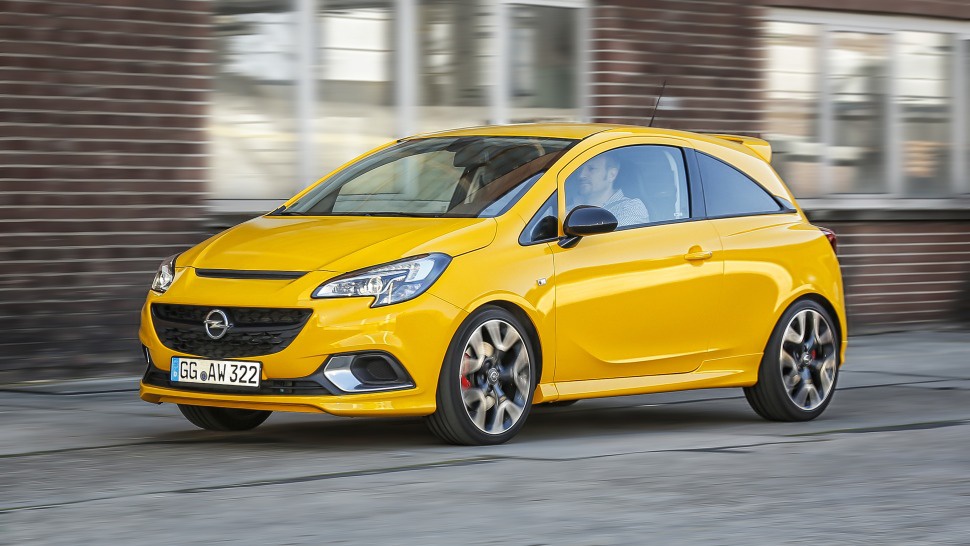 Specifications: Opel Corsa E 3-door 1.2 (70 Hp) 2018, 2019
Specifications: Opel Corsa E 3-door 1.2 (70 Hp) 2018, 2019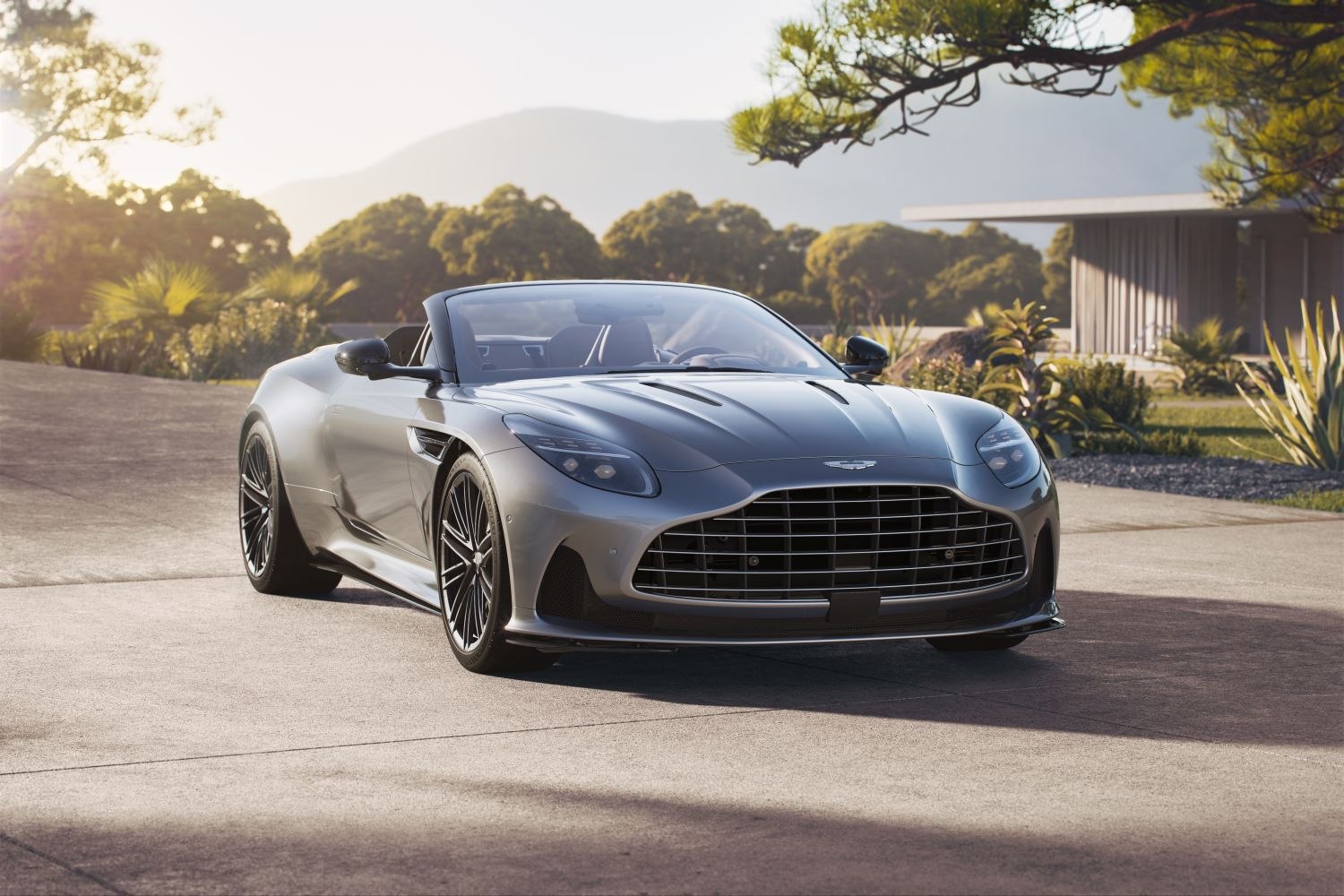 Specifications: Aston Martin DB12 Volante 4.0 V8 (680 Hp) Automatic 2023, 2024, 2025
Specifications: Aston Martin DB12 Volante 4.0 V8 (680 Hp) Automatic 2023, 2024, 2025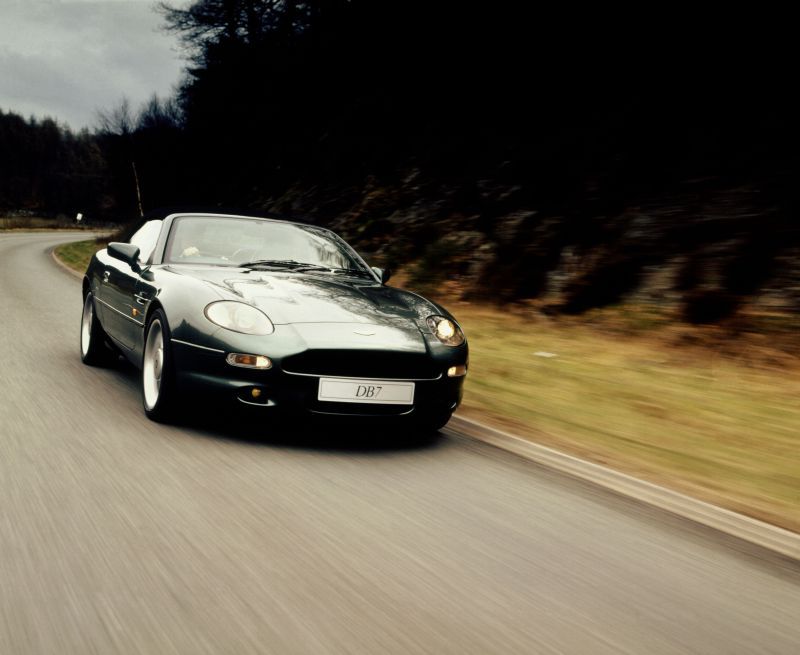 Specifications: Aston Martin DB7 3.2 (360 Hp) Automatic 1994, 1995, 1996, 1997, 1998, 1999
Specifications: Aston Martin DB7 3.2 (360 Hp) Automatic 1994, 1995, 1996, 1997, 1998, 1999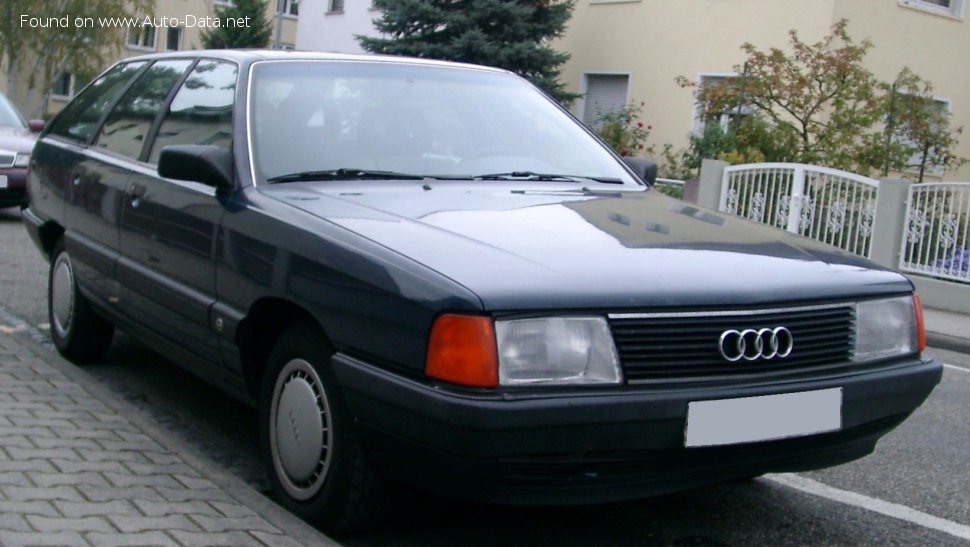 Specifications: Audi 100 Avant (C3, Typ 44, 44Q, facelift 1988) 2.2 CAT (138 Hp) 1989, 1990
Specifications: Audi 100 Avant (C3, Typ 44, 44Q, facelift 1988) 2.2 CAT (138 Hp) 1989, 1990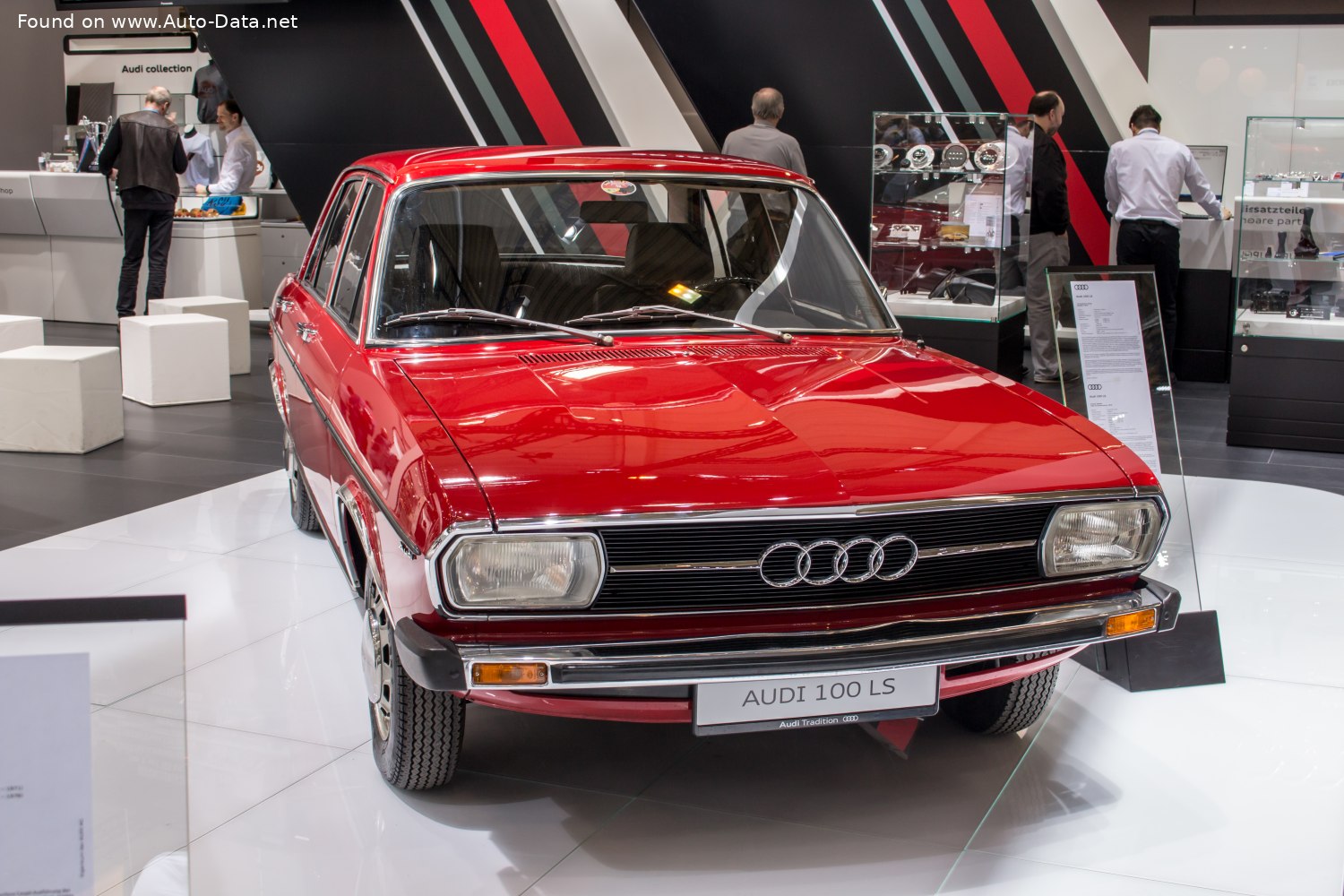 Specifications: Audi 100 (C1, facelift 1973) 1.6 L (85 Hp) 1974, 1975, 1976
Specifications: Audi 100 (C1, facelift 1973) 1.6 L (85 Hp) 1974, 1975, 1976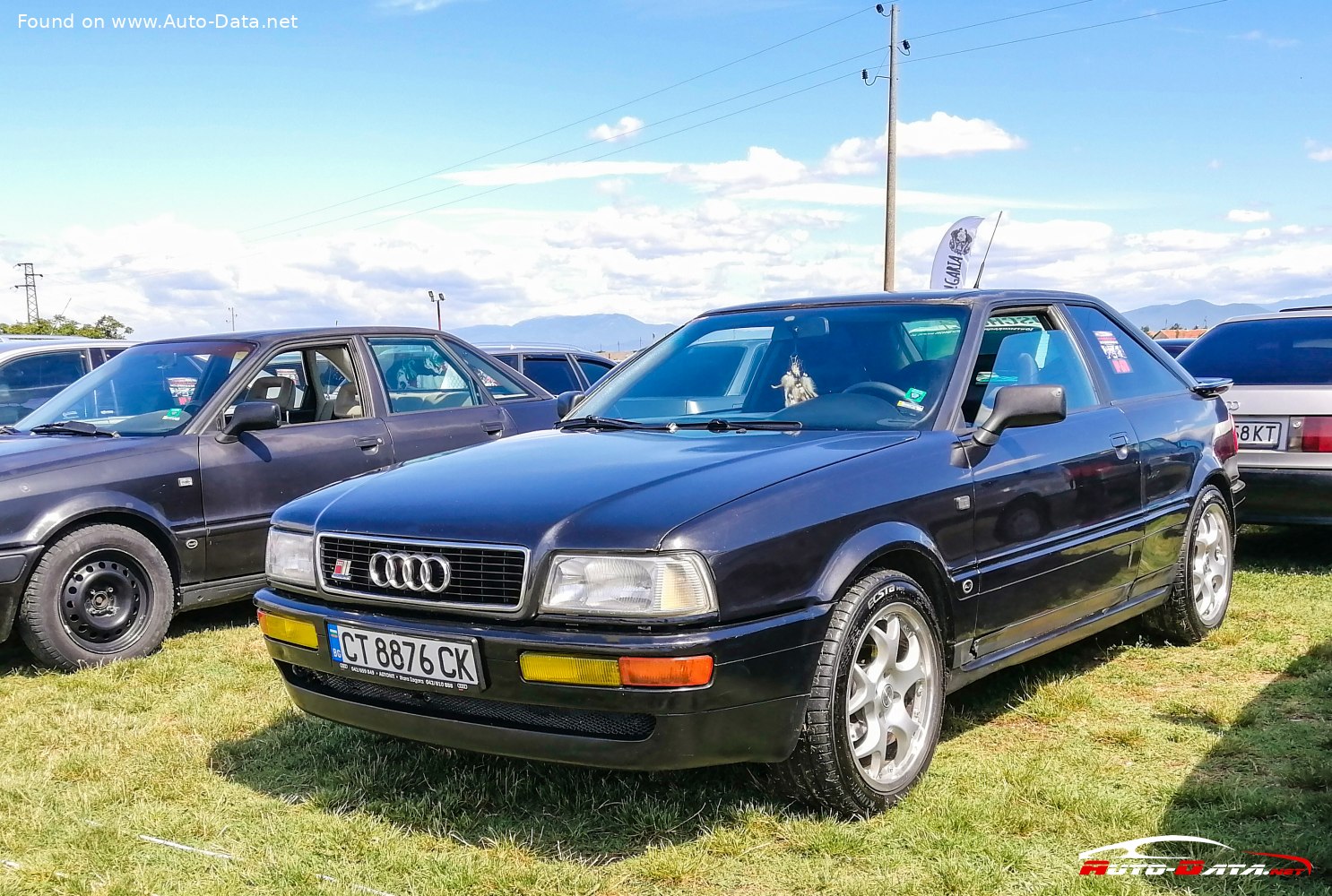 Specifications: Audi Coupe (B4 8C) 2.0 E (115 Hp) Automatic 1991, 1992, 1993
Specifications: Audi Coupe (B4 8C) 2.0 E (115 Hp) Automatic 1991, 1992, 1993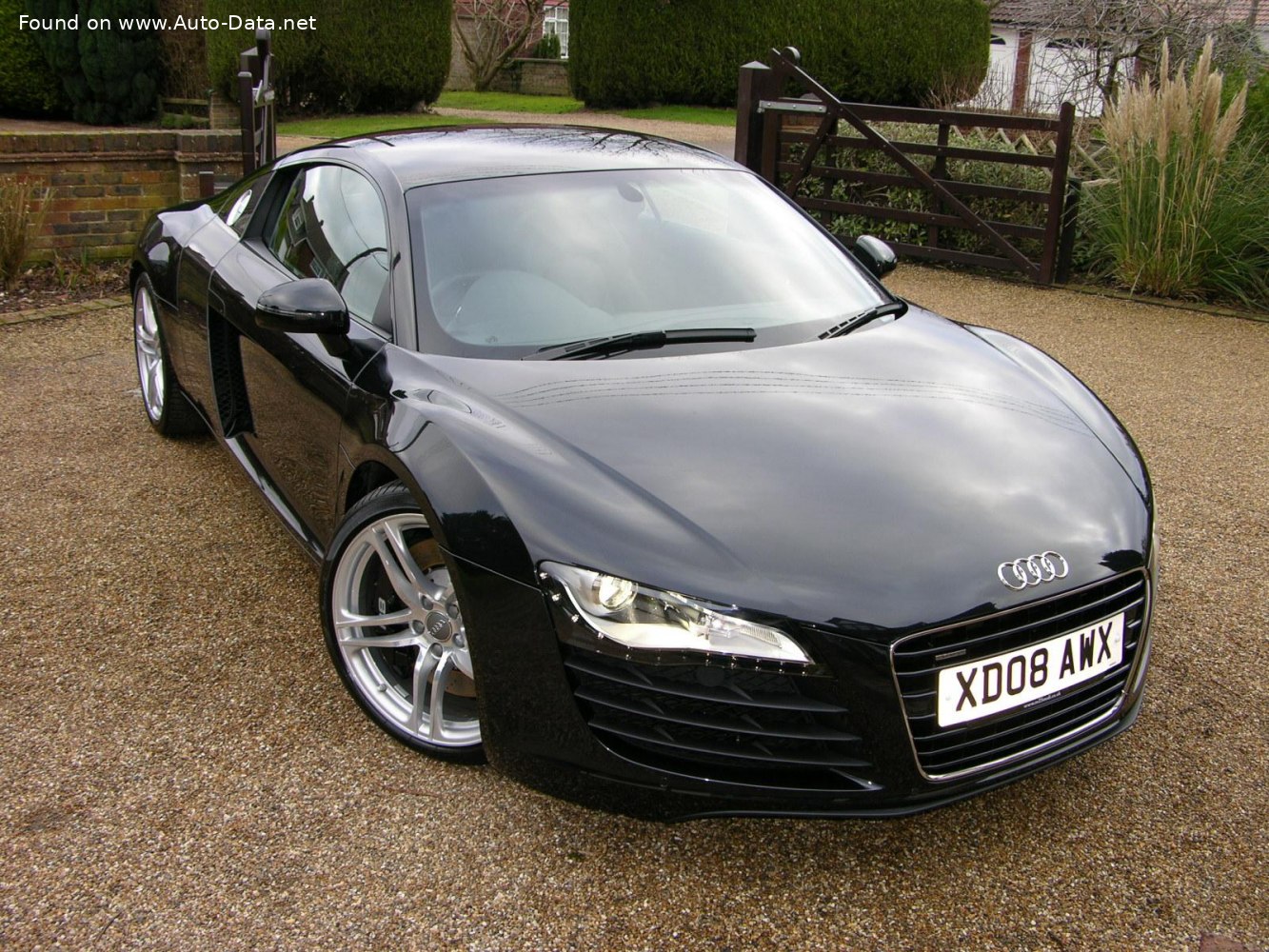 Specifications: Audi R8 Coupe (42) 5.2 FSI V10 (525 Hp) quattro R tronic 2008, 2009, 2010
Specifications: Audi R8 Coupe (42) 5.2 FSI V10 (525 Hp) quattro R tronic 2008, 2009, 2010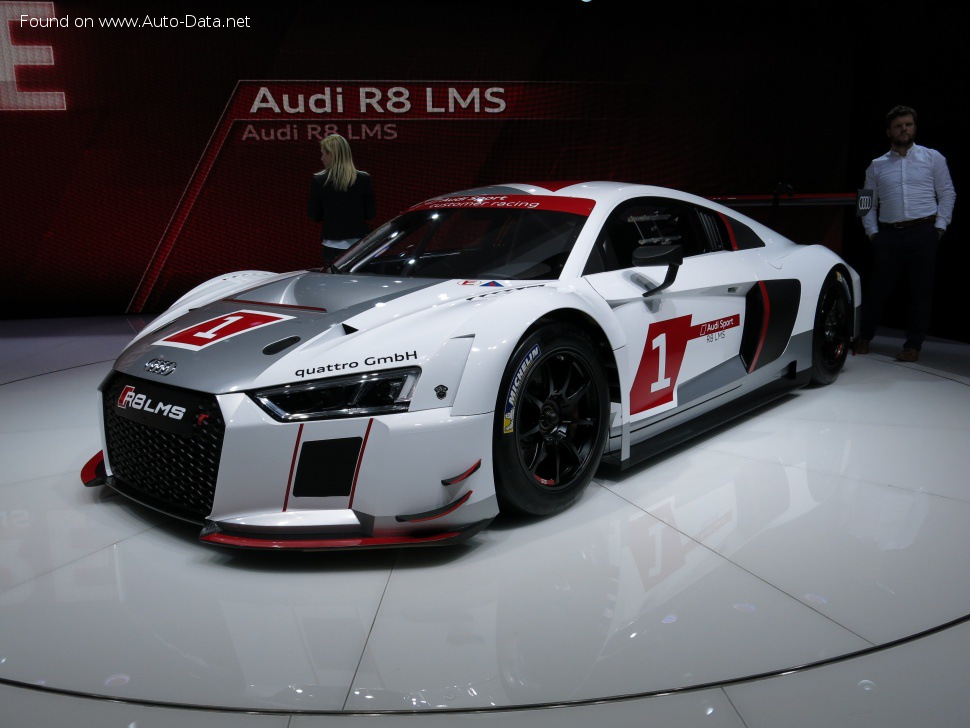 Specifications: Audi R8 II LMS 5.2 FSI V10 (585 Hp) 2015, 2016, 2017, 2018
Specifications: Audi R8 II LMS 5.2 FSI V10 (585 Hp) 2015, 2016, 2017, 2018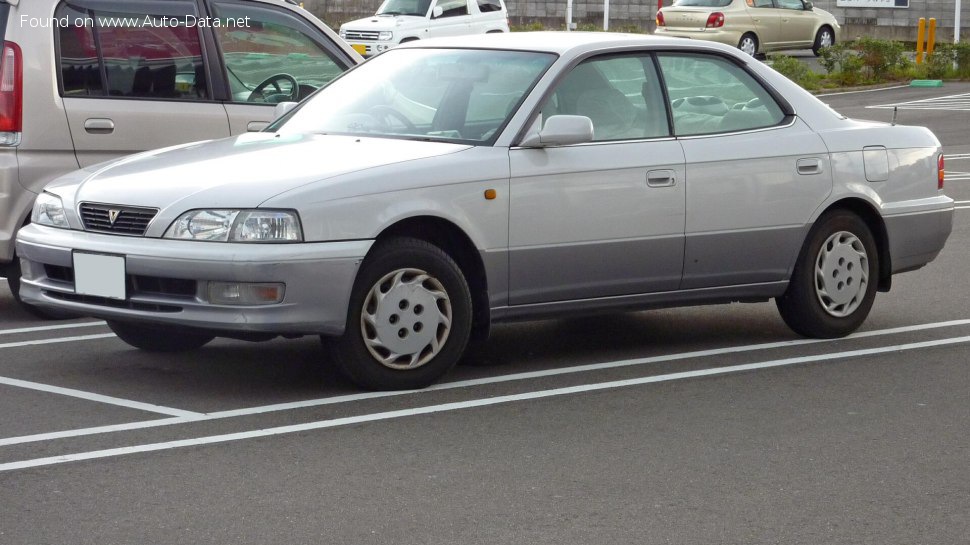 Specifications: Toyota Vista (V40) 2.2 TD (91 Hp) Automatic 1995, 1996, 1997, 1998
Specifications: Toyota Vista (V40) 2.2 TD (91 Hp) Automatic 1995, 1996, 1997, 1998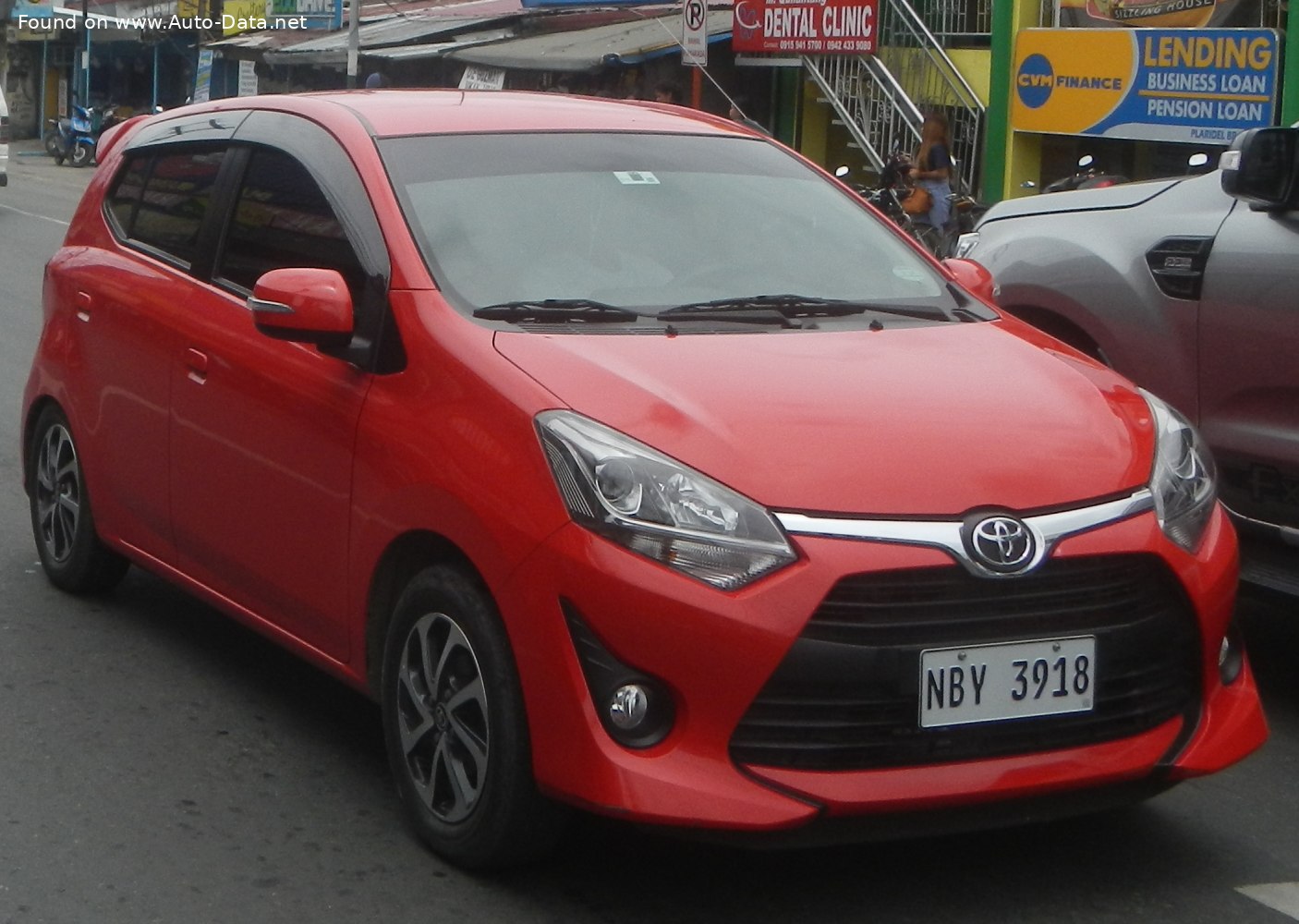 Specifications: Toyota Wigo (facelift 2017) 1.0 VVT-i (66 Hp) Automatic 2017, 2018, 2019, 2020
Specifications: Toyota Wigo (facelift 2017) 1.0 VVT-i (66 Hp) Automatic 2017, 2018, 2019, 2020